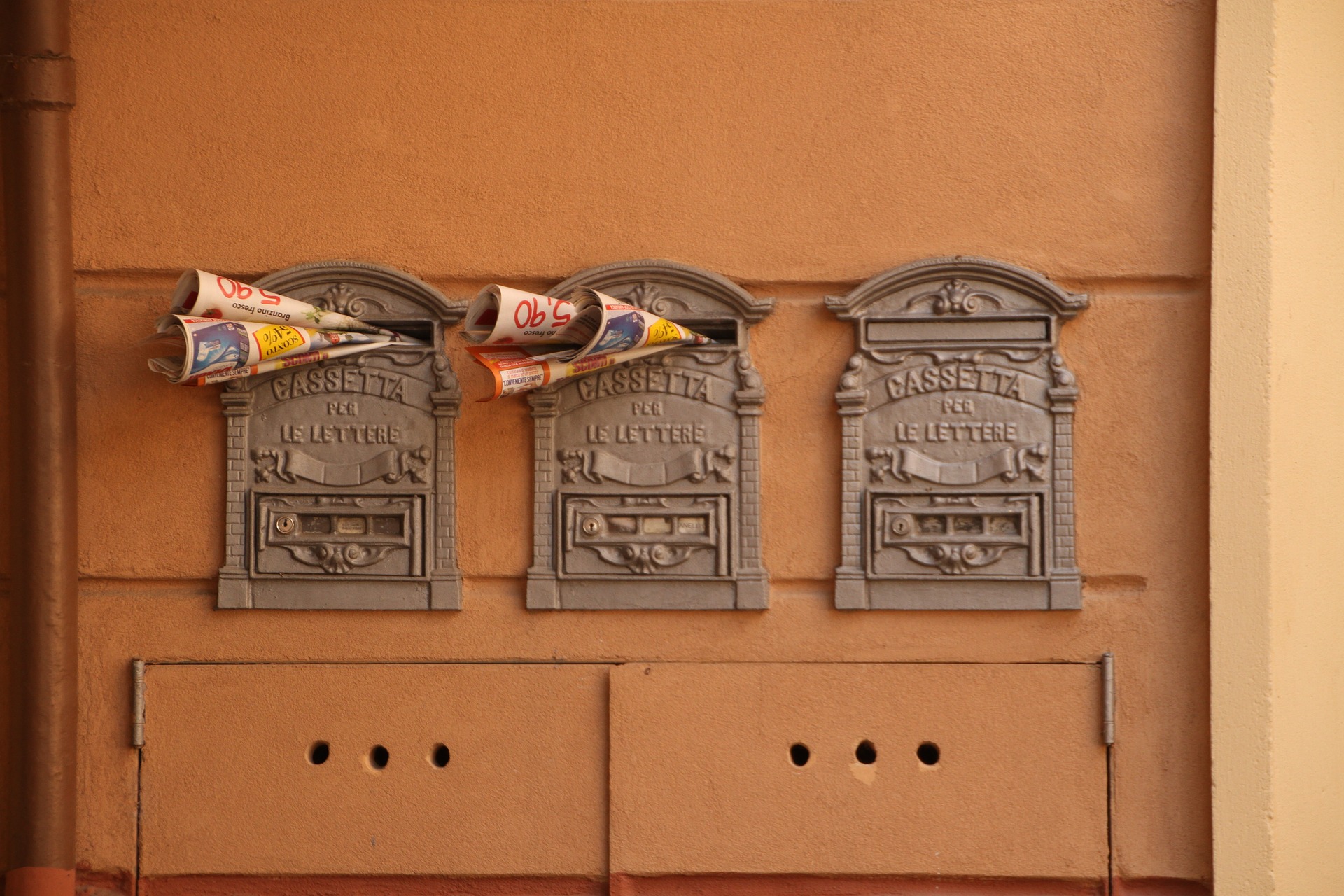
News consumption has always been regarded as a powerful indicator of a person’s knowledge and engagement. That is, political knowledge or «civic knowledge» that enables him/her to act based on. According to this long held narrative news empowers for real life engagement and participation. This is where the ‘democratic assumption’ comes from; where news is regarded as essentially vital for the survival of a healthy democracy by creating a well-informed citizenry.
A new study (The news democracy narrative and the unexpected benefits of limited news consumption: The case of news resisters, 2014), however, has presented a challenging perspective about the current role and impact of news by shedding light on the phenomenon of ‘news resisters’. This group of individuals, who intently restrict and diminish their news consumption, establish a correlation between news and «the sense of powerlessness» to act. Consequently, resisters believe that the less exposure they have to news the more energized they feel to positively engage with and impact their societies.
A valid question here is why would some audience members purposefully avoid news? Quality of journalism has been a dominant factor reported by news resisters that stands behind their aversion from news media. With the political and commercial agendas that formulate a considerable portion of the news media content today, distrust and lack of confidence by the audience is the tax to pay. Furthermore, the multiplicity of platforms for information exacerbates the condition with the consequence of «information overload». Besides, over dependence on authority sources has been raised as a concern for the news story’s reliability. Correspondingly, news resisters believe that following news does not educate them about nor enhance their comprehension of current events, but rather they feel overwhelmed, misinformed and distrusting. This led them to a loss of motivation to seek news, which is an essential component for processing information and transforming it into gained knowledge.
Considering these findings, a demand for a ‘manual’ for news is emphasized; a call for ‘news literacy’. Reported reasons of losing motivation for news seeking reveals lacking the skills and competencies for and knowledge of how to approach the news critically and selectively and further how to tell what is true and what is not. ‘Literacy‘ as a word usually refers to a person’s ability to read and write. When applied to media, or more specifically news, it would refer to the audiences’ ability to access, identify, analyze and evaluate content of news media. In that sense attempts to simplify and guide this process have been underway.
From a pragmatic perspective, one of these attempts is Alain de Botton’s book The News: A User’s Manual (2014). As the name suggests that book attempts to provide a handbook for audiences of how to efficiently understand and approach news media through deconstructing news content. Consequently, this will lead to handling the news with a critical eye.
On the academic side, directly addressing the issue of distrust in journalism, Stony Brooks University provides its news literacy students with a Deconstruction Guide (2014), a set of questions designed to guide news audiences to deal with news stories critically. The three main questions audiences should ask themselves, (which are further detailed in a set of other questions), are: «What do I know? How do I know it? What don’t I know?»
This intervention further provides its students with the «acronym» I’MVAIN to guide them through judging the reliability of the sources in news stories. As stated by the intervention’s founder Schneider, I’MVAIN refers to the following key aspects:
- Independent sources are better than self-interested sources.
- Multiple sources are better than a single source
- Sources who Verify are better than sources who assert.
- Authoritative/Informed sources are better than uninformed sources.
- Named sources are better than unnamed sources.
Another attempt worth mentioning is the News Engagement Day (NED) by the Association for Education in Journalism and Mass Communication (AEJMC). A day set on October 6th to encourage the audiences to «make plans to engage with news«.
Suitably, the question to sum up with here is how can the audience, specifically ‘news resisters’ be re-engaged to the news? What is needed for them to efficiently handle the overload of information? Responding to these questions lies at the top of news literacy’s agenda. So here comes news literacy’s golden age!
Author: Sally Tayie